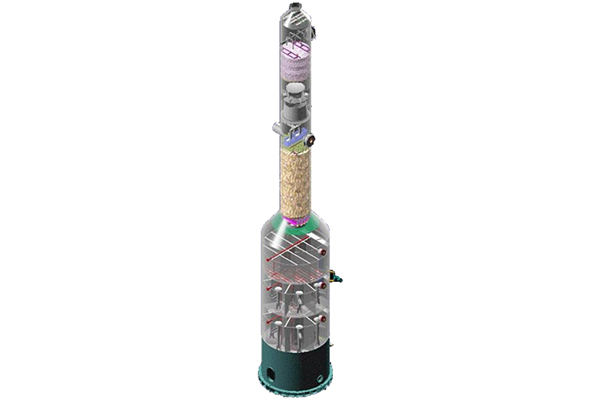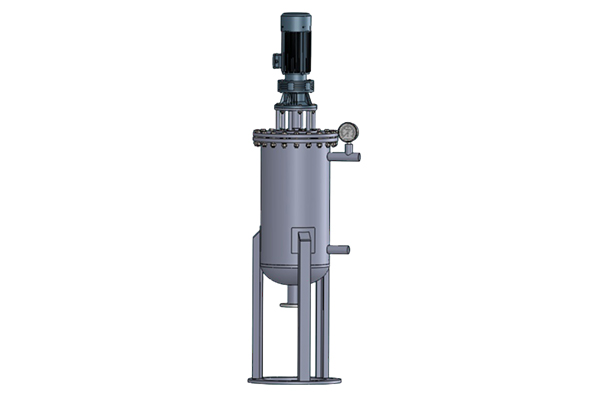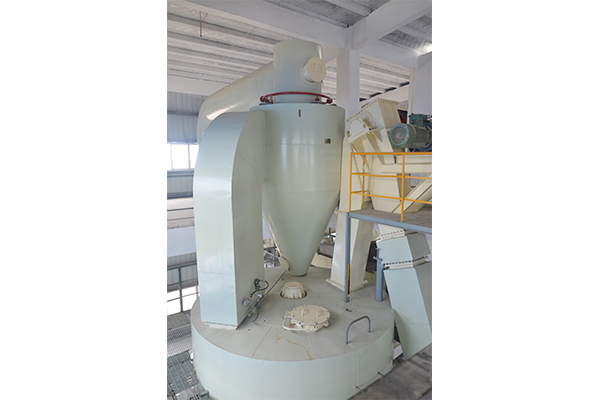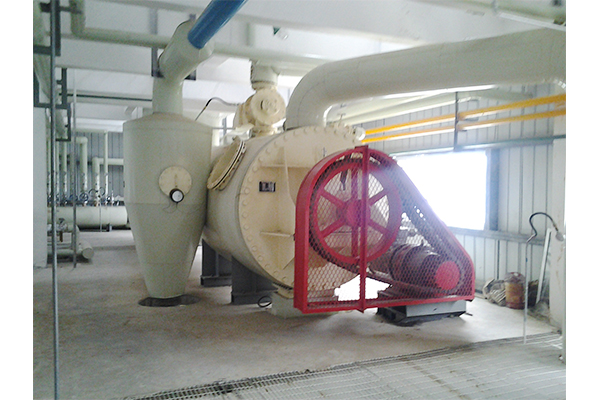Loss during oil refining and deodorization
News Summary: Oil refining and deodorization is a crucial link in oil processing, and its purpose is to remove the bad smell in oil and improve the quality and taste of oil.

News Details: Oil refining and deodorization is a crucial link in oil processing, and its purpose is to remove the bad smell in oil and improve the quality and taste of oil. However, this process will inevitably produce certain losses, affecting production efficiency and cost control. This article will conduct an in-depth discussion on the losses in the process of oil refining and deodorization, analyze the causes and influencing factors of the losses, and propose corresponding optimization measures.
1. Causes of losses
Distillation losses: During the deodorization process, low molecular weight aldehydes, ketones, acids and other odorous components in oils and fats are volatilized through distillation. However, some oils and fats will also volatilize with these components, causing distillation losses. In addition, free fatty acids and unsaponifiable matter in oils and fats will also be lost during the distillation process.
Splashing losses: The mechanical action of stripping steam will cause splashing of oils and fats, and some oils and fats are therefore lost in the stripping steam, forming splashing losses.
2. Factors affecting loss
Deodorization time: The longer the deodorization time, the longer the contact time between the oil and the stripping steam, and the greater the loss.
Aeration rate: Too fast aeration rate will increase the splash loss of oil.
Operating pressure and temperature: Operating pressure and temperature have a significant impact on distillation loss. Excessive pressure and temperature will accelerate the volatilization of oil and increase loss.
Oil characteristics: Different types of oils have different contents of free fatty acids, unsaponifiable matter and triglycerides, which will affect the loss during the deodorization process.
3. Optimization measures
Optimize the deodorization process: Reduce unnecessary losses by adjusting parameters such as deodorization time, aeration rate, operating pressure and temperature.
Select efficient equipment: Use advanced deodorization equipment and technology, such as efficient condensation recovery system, to reduce splash loss and distillation loss.
Rational use of lost oil: The lost oil generated during the deodorization process can be recycled and processed for other purposes to reduce resource waste.
4. Conclusion
The loss in the process of oil refining and deodorization is inevitable, but by optimizing the process and equipment selection, we can effectively reduce the loss, improve production efficiency and cost control. At the same time, the rational use of lost oil is also an important way to reduce resource waste and achieve sustainable development. Therefore, in the process of oil refining and deodorization, we should pay attention to the loss problem and actively explore methods and ways to reduce the loss.
In future research, we can further explore the application potential of new deodorization technologies and equipment in reducing losses, and provide more support and guarantee for the development of the oil processing industry. At the same time, we should also strengthen environmental protection measures in the process of oil refining and deodorization, reduce the emission of waste gas and wastewater, and promote the green and sustainable development of the oil processing industry.








